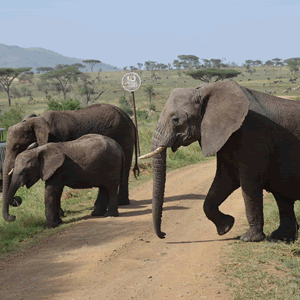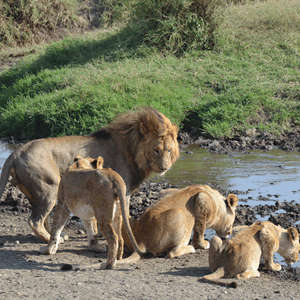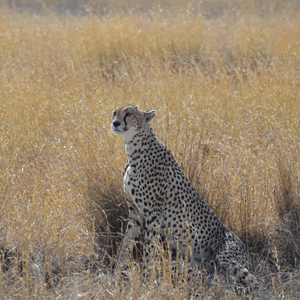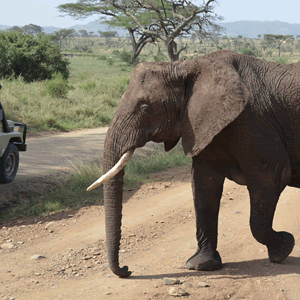

Email: info@africantraces.com
WhatsApp: +255 755 750247
Call: +255 783 115867


Email: info@africantraces.com
WhatsApp: +255 755 750247
Call: +255 783 115867
What is Tanzania's currency? What time is it in Tanzania? How can I make a call to or from Tanzania? When going on holiday to Tanzania for the first time, these are important questions most travellers ask – below we've tried to answer these frequently asked queries as well as we can.
Time in Tanzania
Tanzania is three hours ahead of Greenwich Mean Time (GMT+3). It doesn't operate daylight saving time, hence there's no time difference between their summer and winter months.
Currency in Tanzania
Tanzania's currency is the Tanzanian shilling (TZS). At the time of writing (July 2017) £1 = Tsh 2,220. Most camps and lodges accept credit cards (Visa or MasterCard) but may charge a fee to do so. Buying Tanzania's currency in Europe or America can be difficult; many visitors will wait until they arrive in Tanzania to buy local currency.
Tanzania's International Dialing Code
The International Dialing Code for Tanzania is +255.
Food in Tanzania
The food served in Tanzanian safari camps varies, but is often delicious – the equivalent of a reasonable restaurant in Europe or America.
In Tanzania's towns and villages, the food is usually simpler. Plain grilled meat, nyama choma is very popular, and often served with sauce, rice, chips made up by potatoes, plantains or ugali (cornmeal or cassava mush). Indian cuisine is also wide spread. The locally brewed beer is good, including Serengeti, safari, Kilimanjaro, mbege (homebrew from the Chagga people) and banana beer and wines
Health in Tanzania
Tanzania is a tropical country and vaccines are sensible (typhoid, polio, tetanus and yellow fever). Malaria is common and occurs all year round; you must take anti-malarial measures, especially in areas below 1800m! Always check the latest recommendations with your clinic or doctor.
In Tanzania, HIV infection rates are high; AIDS is prevalent here. This isn't usually an issue for visitors, but they should be aware of the situation, and take the same sensible precautions to avoid infection which are wise in most countries. We understand that blood supplies used by the private hospitals in Tanzania have been carefully screened for many years.
Language in Tanzania
Kiswahili and English are the official languages and spoken by most people living in Tanzania; as well as this, there are many ethnic groups, speaking localized languages and dialects. Try to learn some basic Kiswahili before you go if you can, to help you enjoy your trip more!
Laundry in Tanzania
Virtually all camps and lodges have a laundry service, although sometimes, because of religious taboos, women's underwear cannot be included.
Taking children to Tanzania
A few of Tanzania's safari camps are suitable for children, others aren't; Tanzania's beach destinations are generally very good for relaxed family getaways. For detailed advice, call our expert team, or see our ideas for family holidays in Tanzania.
Passport
Your passport must be valid for at least six months on the day you depart from your home country. In addition, your passport must contain at least four blank visa pages that is two sets of two opposing blank visa pages.
Visa
Although it is possible to buy a tourist visa upon arrival at the airports of Dar es Salaam, Kilimanjaro and Zanzibar, we recommend that you apply for a visa in your home country prior to your trip. It is important to know that you have to pay for the visa in USD dollars and that they only take cash payments.
Weather and Climate in Tanzania
Situated in the eastern part of the African continent, bordering on the Indian Ocean, Tanzania enjoys mostly warm weather all year round. The climate varies considerably in this large country, but a tropical wet and dry climate, or tropical savanna climate, predominates. The eastern portion of Tanzania has more periods of rainfall and droughts, while Central Tanzania is predominantly very dry. The main rainy season, or ‘long rains’ in Tanzania lasts from April until June.
This is the time when everything turns vibrant green – a great time to see wildlife! Then, between June and August, it is drier and cooler in Tanzania. The beginning of October marks the start of the period of ‘short rains’ during the daytime, with warm summer temperatures. January, February and March are the driest summer months of the year. As your tour will take you to various altitudes, ranging from mountainous regions to lower coastal areas, temperatures will differ. In view of the different seasons and the fact that it can get a little chilly at night, it is advisable to pack clothes that you can layer easily.



